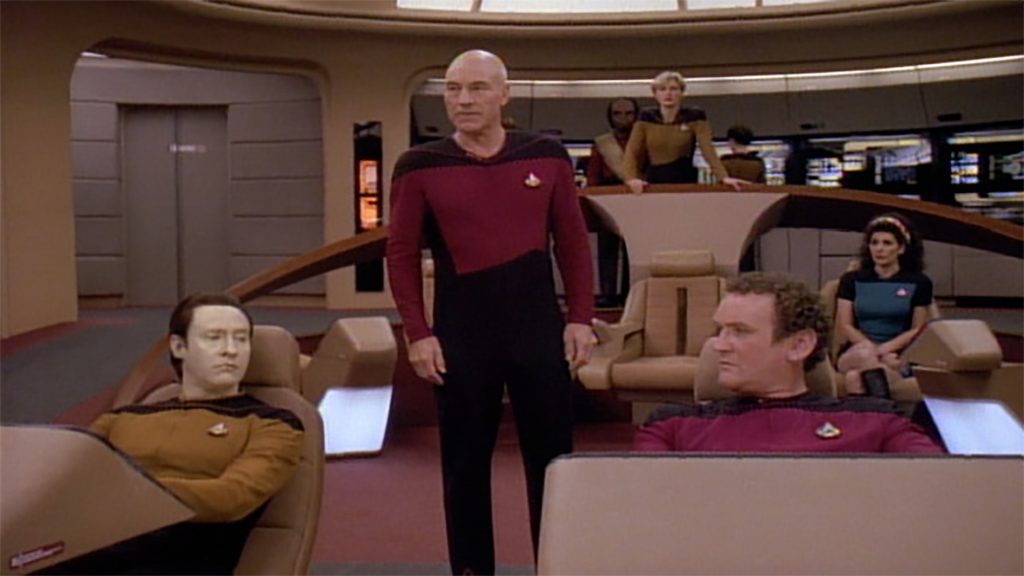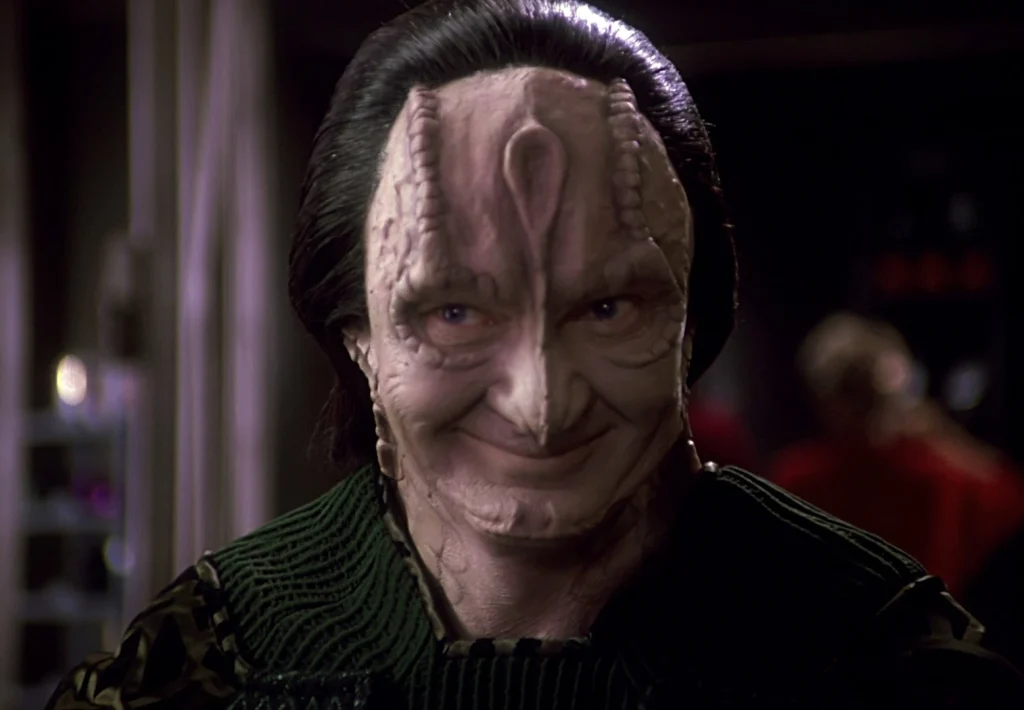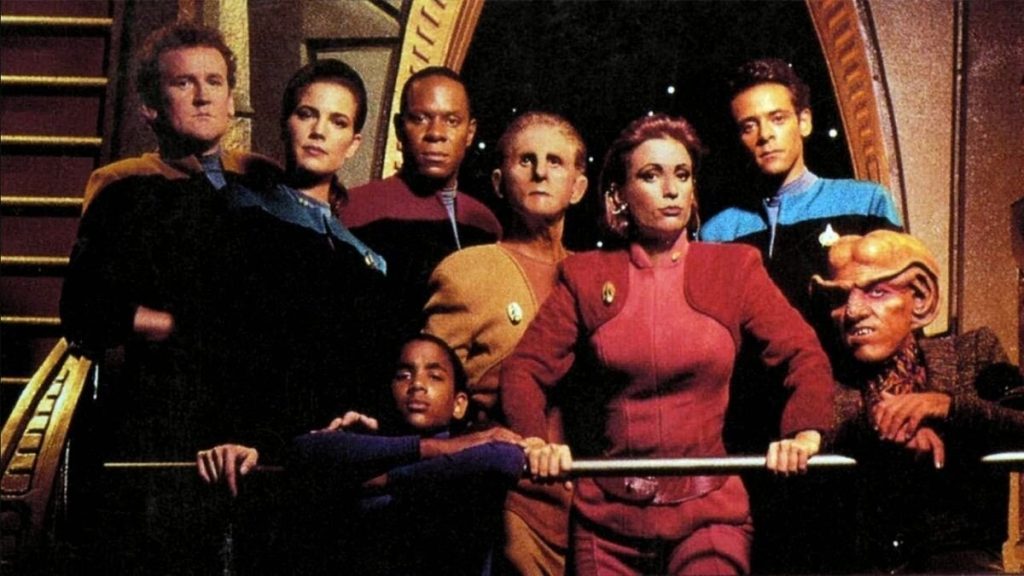
Andrew Robinson played the role of Garak in Star Trek: Deep Space Nine. The show was noted for being the first one in the franchise to star a Black man as the protagonist of the series. It was also the first in the franchise to not feature space exploration on the Enterprise but was set on a space station.
While the series has its own cult following like the original series, it never went as big as Star Trek: The Next Generation. The Patrick Stewart-starrer became a global phenomenon and took the franchise to a whole new level. Robinson mentioned that the show suffered one novel thing they did which was too new for TV at the time.
Star Trek: Deep Space Nine’s Andrew Robinson theorized why the series was not as big as TNG

Starring as Captain Picard for seven seasons took Sir Patrick Stewart from obscurity to global stardom. The actor played the role of the efficient yet vulnerable captain in Star Trek: The Next Generation. The show itself ran for longer than its predecessor, which only developed a cult following and became popular after the release of Star Wars.
While Stewart enjoyed great stardom and became a permanent fixture in pop culture, the other spinoff shows of the franchise have not reached the same amount of popularity. Shows like Voyager and Enterprise had lesser amounts of success while Deep Space Nine, despite a cult following did not reach the heights of TNG.

The Avery Brooks starrer did many things that were revolutionary for its time. It featured a Black protagonist and did not have space exploration as its setting. Andrew Robinson, who played Garak in the show, had a different theory as to why Star Trek: Deep Space Nine was not as popular. He said to Trek Today,
It’s not the most popular because it’s the most morally ambiguous. Whenever you have characters who are gray rather than black and white … Although they are more interesting, they are more difficult for people to get a handle on. I loved DS9 because they were gray because the characters were not easily definable, but that’s not for everybody.
While times have changed now and more morally ambiguous characters (like Walter White and Tony Soprano) have become more popular, back in the early ‘90s, TV was still a family medium.
Despite its reduced popularity Star Trek: Deep Space Nine is still considered a better series

Gene Roddenberry’s Star Trek franchise has always pushed the boundaries in not just the sci-fi realm but also on American TV. The original series featured what is regarded as the first interracial kiss on screen and Star Trek: Deep Space Nine featured the franchise’s first African-American protagonist in Avery Brooks’ Captain Sisko.
Deep Space Nine began airing even when Star Trek: The Next Generation was still running and while the new spinoff had to debut under the mammoth’s shadow, it developed its own audience. For starters, it moved away from the franchise’s exploratory storyline and decided to set it on a space station.
Throughout the series, Deep Space Nine explored many complex themes like its predecessors but was also more morally ambiguous. Captain Sisko was not as benevolent as the other captains and even harbored a grudge against Patrick Stewart’s Captain Picard. He was a more tragic character too, with the pilot showcasing the terrible events that fell on him.
Star Trek: Deep Space Nine is available to stream on Paramount+.
This post belongs to FandomWire and first appeared on FandomWire

